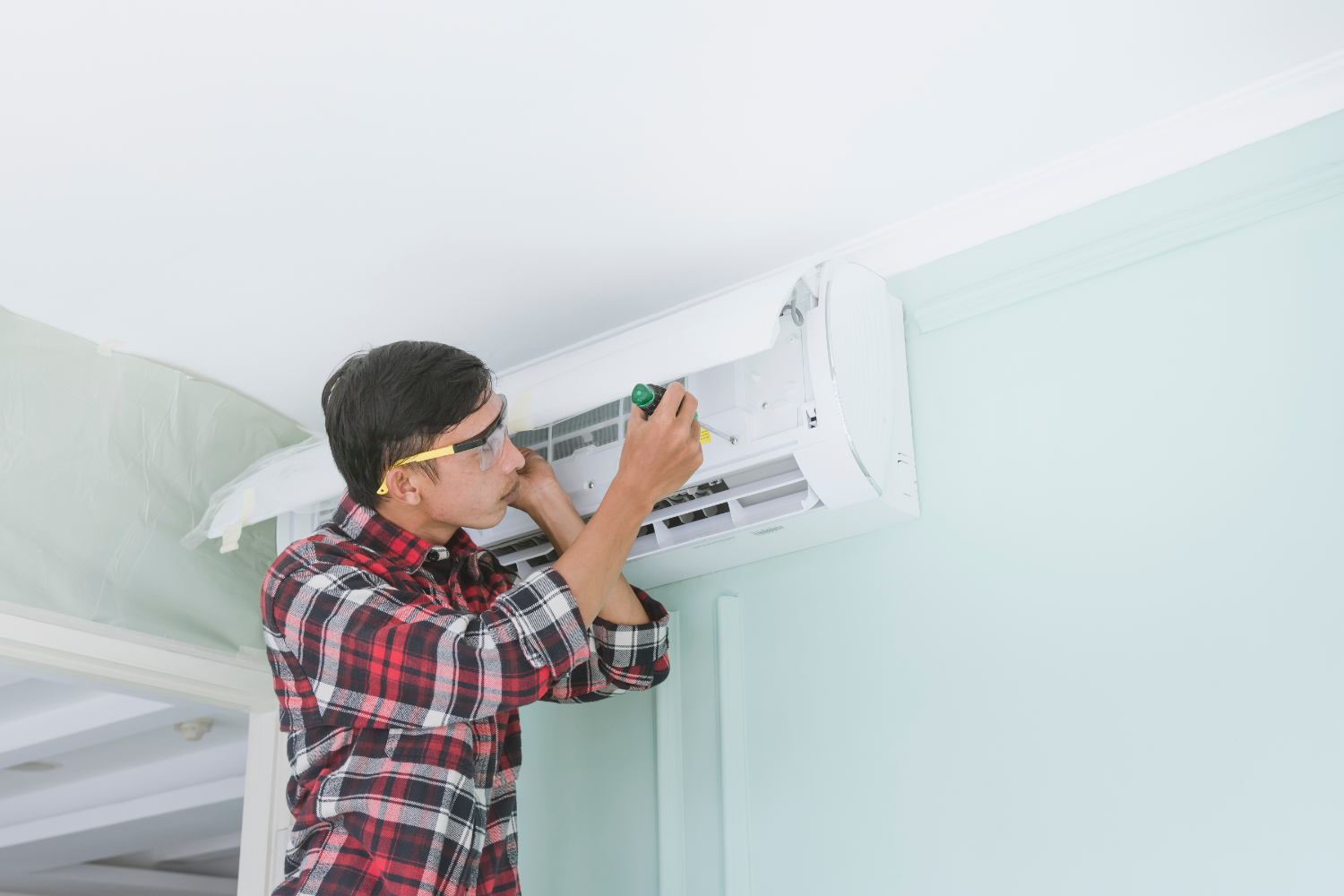Published on March 21st, 2023
How future-proofing your home can be good for your wallet
Making your home more energy efficient doesn’t just make it more comfortable to live in or more environmentally sound, it can also boost your finances. There are a number of ways home improvements do this; you save money on your bills, your house value can increase and you won’t spend money on ad-hoc jobs with contractors over the years.

Last year Rightmove reported that homeowners were banking as much as 16% more on average on their home by making them more energy efficient. And as the housing market slows down it appears that homes with high energy ratings are holding their value. In fact higher energy ratings for houses (Energy Performance Certificates / EPCs are where you can find this rating) are becoming increasingly important to buyers as the cost of energy has become so high, and sellers are now attaching premiums to their homes if they have ratings over C. So if you’re considering selling your home it’s worth considering the impact energy efficiency has on it.
It’s not just house value that can be boosted either, the most direct impact of home improvements is of course reduced bills. The government reported last year that improving a home’s energy efficiency could reduce bills by about 20% (April 2022), and given that the cost of energy has gone up since, this figure should be even higher.
Equally, savings on having builders and contractors in and out of your home to fix odd jobs over the years can help keep the quids in your pocket. According to Estate Agents Barrows and Forrester the average UK home costs £2,784 in maintenance each year. Proactively improving your home can help dodge these costs from the off.
We look at each of these three areas in a bit more detail:
- House value and the impact of energy efficiency changes
- Energy efficiency and your energy bills
- Energy efficiency and home maintenance
If you’d like us to assess your home for some energy efficiency upgrades then you can fill in our form here.
1. House value and the impact of energy efficiency changes
Statistically speaking if you improve your home’s energy efficiency its value should increase too. Provided a local school doesn’t close or a public transport station stops operating you should see a direct correlation between improving your home’s ability to retain heat or ventilate properly and the price tag attached to it.
The average rating for an energy efficient home is a D and Rightmove claims that improving your home to a C, the government’s target for all homes over the next decade, should add 4% to the value of your home. And if you’re improving your home from an E to a C you can add 16% to its value.
These energy efficiency improvements can include:
- Installing double or triple glazing
- Installing cavity wall insulation
- Installing external wall insulation
- Installing internal wall insulation
- Installing underfloor heating
- Reducing draughts using sealant around windows and doors
- Installing energy efficient lighting
- Installing solar panels
- Installing a heat pump
It’s not just owner-occupied homes either, landlords have an obligation to improve their EPC rating to a minimum of a C by 2025, but are also financially incentivised by improving rental income. Ultimately the more energy efficient and comfortable the home, the lower the bills for the tenants and the more they’ll be willing to benefit from this. According to Paragon Bank, 66% of landlords improve property energy efficiency to improve rental income and 58% to increase the value of the property itself. On average landlords experience a 16.8% increase in their property’s value and a 16.5% increase in rental income.
2. Energy efficiency and your energy bills
As the saying goes, the cheapest energy is that which you don’t use. The most apparent financial benefit homeowners see in improving their home’s energy efficiency is the reduction in their energy bills, which with the increasing cost of energy has become an increasingly attractive option.
An example of how much homeowners can save on bills is that those with EPC level A and B homes can expect to save more than £3,100 per year in energy bills (After the April 2023 energy price cap rise) versus those with C and below. Per month energy efficient households can expect to save around £260. This does require significant investment in your home, with only 4% of older houses making the cut for the B and above energy rating. There are financial schemes available however which you can read more about in our article here.
3. Energy efficiency and home maintenance
When you retrofit your home with energy efficient measures, you’re essentially addressing any potential issues before they can become widespread problems. Be that avoiding damp through better ventilation or avoiding damaging your window frames by fitting double glazing. In doing so, you can dodge future repairs and save yourself some money.
Here are a few examples of how that works:
- Upgrading your Heating, Ventilation and Air Conditioning (often referred to as HVAC) system: The way your home heats and cools itself is one of the important systems it has. If your boiler breaks down in the middle of winter or your piping comes apart from age you can end up spending a lot of money fixing the issue. By upgrading these in advance you can avoid shortcomings like this, as well as reducing your bills too.
- Sealing air leaks: A draughty home won’t just give you chills and pose health concerns but the spread of damp and mould can be costly to repair especially if it works its way into the foundations and structure of home. There’s also the added costs that can be incurred from being ill, be it not working or spending money on your recovery.
- Upgrading your electrical systems: old and inefficient electrical systems can be costly to replace and also pose fire hazards and other safety hazards. As part of your home upgrades, having an electrician look at your electric setup can help you understand the need to upgrade. Nothing worse than the lights going out every time you put the toaster on.
- Getting all jobs done at once means you save on bulk buying, be it already having materials for the builders or having the scaffolding out already for two different jobs. We’d always recommend a whole-house approach to retrofitting your house. It’s also less desiruptive having the builders in just the once.
If you’d like us to assess your home for some energy efficiency upgrades then you can fill in our form here.
Written by

Oisin Teevan